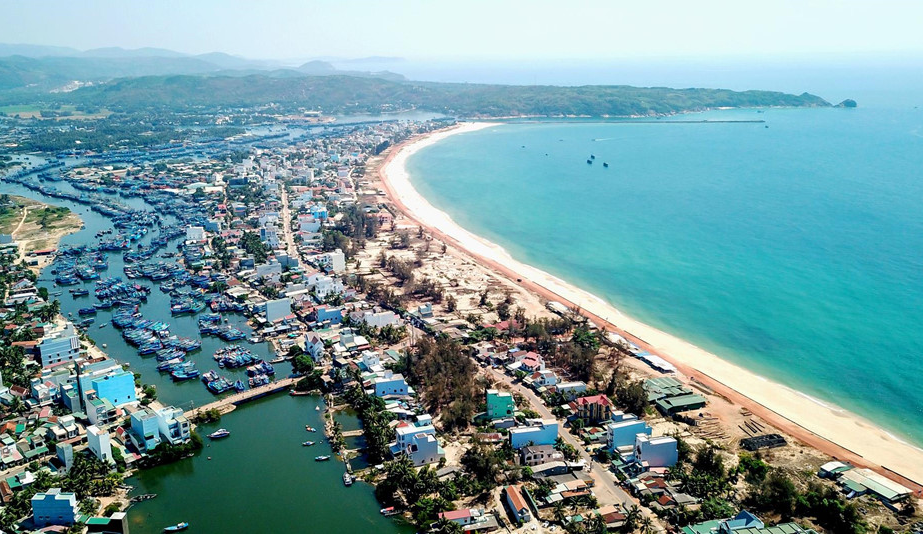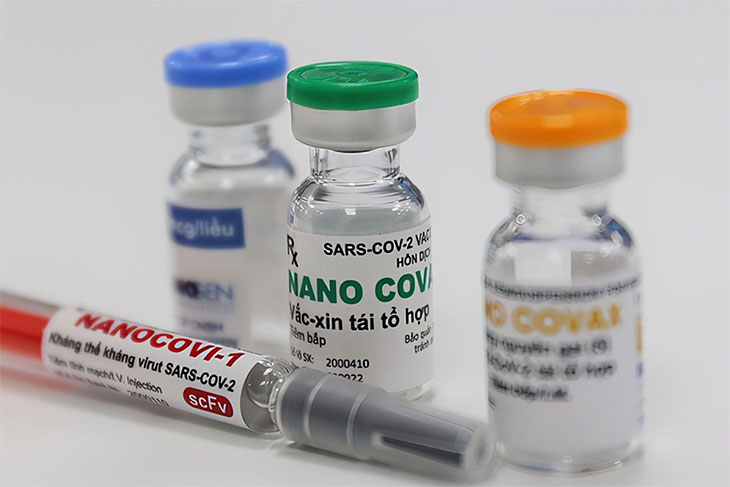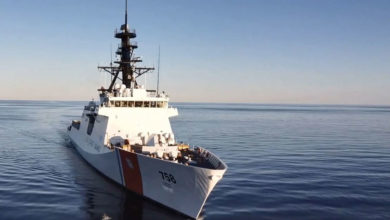Vietnamese firms invited to work with Indonesians on lobster cultivation
The decision to allow exports comes despite past concerns that Indonesia’s wild lobster stocks were being illegally harvested to supply larvae smugglers
Five Vietnamese companies are collaborating with Indonesian partners to cultivate and export lobster larvae, Indonesia’s Ministry of Maritime Affairs and Fisheries announced this week.
Local publication Tempco reports the Vietnamese companies have formed limited liability companies in Indonesia to facilitate the venture.
Three of the five companies have been verified by the ministry and received cultivation permits, granting them clearance to produce lobsters domestically and abroad, Tb. Haeru Rahayu, the ministry’s director general of capture fisheries, reportedly said. The other two companies are still working to complete the verification process related to lobster farming activities.
The decision to allow exports comes despite past concerns that Indonesia’s wild lobster stocks were being illegally harvested to supply larvae smugglers. Much of the larvae previously exported to Vietnam was likely obtained illegally from Indonesian waters.
“We can’t fight against [lobster smuggling],” Indonesia’s fisheries minister Sakti Wahyu Trenggono said in April, as reported by Mongabay. “We tried to do that by imposing regulations, but we’re still unable to tackle them.”
Haeru declined to identify the five Vietnamese companies. Earlier reports indicated they are Aquagreen Trading, Phu Gia Long Trading Joint Stock, Ichika Joint Stock, The Global Trading and New World Seafood Trading Import Export Aquaculture.
In Indonesia, the companies established PT Mutagreen Aquaculture International, PT Ratuworld Aquaculture International, PT Gajaya Aquaculture International, PT Idovin Aquaculture International and PT Idichi Aquaculture International.
Haeru did not detail the cultivation quotas for the three certified companies but said quotas adhere to guidance in a 2024 decree from the maritime ministry. Determining quotas involves estimating lobster larvae potential and allowable catches in each regulated fishing area, he said.
Source: UCN






